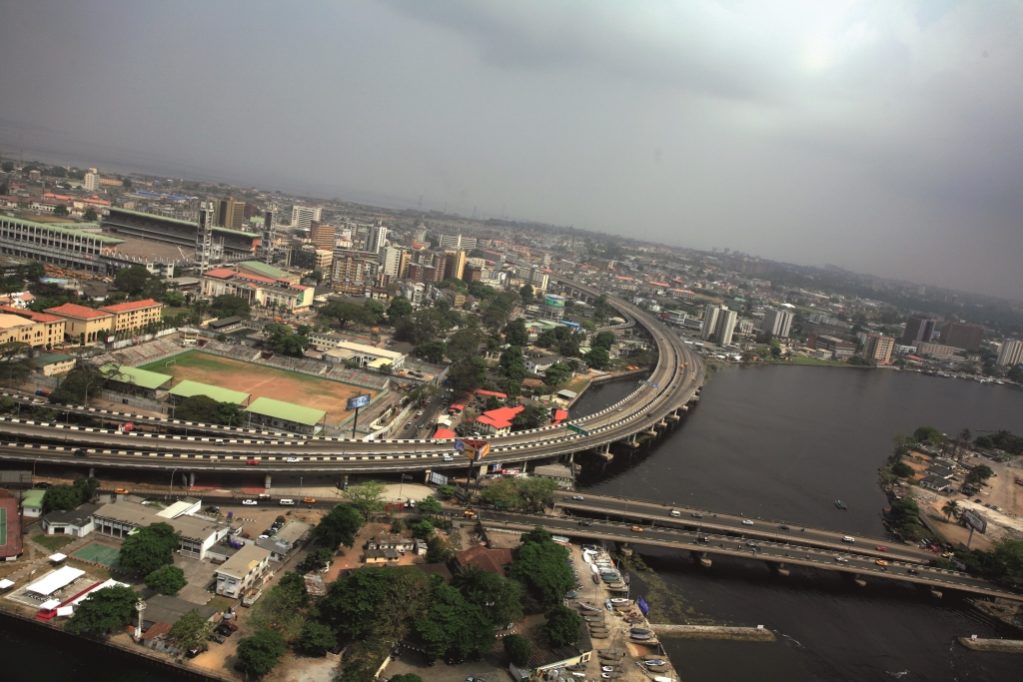Re-benchmarked, readjusted, refurbished; whichever term you choose to use, Nigeria’s GDP has been given a statistical facelift and the results reveal that the size of its economy has leapfrogged South Africa to become the biggest on the continent.
Twenty four years after its last rebasing exercise, Nigeria’s National Bureau of Statistics (NBS) has released the country’s new estimate of its Gross Domestic Product (GDP). Now estimated at $510 billion for 2013, the rebasing effect values Nigeria’s GDP at almost double the previous year’s World Bank estimate.
To many economists, Nigeria’s rise to become the top economy in Africa came as little surprise. Given the delayed rebasing – usually practiced by countries every few years – it is widely acknowledged that Nigeria, economically, was probably ahead of South Africa three or four years ago. Whereas previous estimates relied on 1990 as the base year for calculations, the revised estimate uses the year 2010, now taking into account key sectors that were otherwise overlooked, such as telecoms, professional services, and entertainment.
What the NBS has achieved isn’t quite as crude as putting lipstick on a pig, as some have suggested, but perhaps more like reclassifying beauty so the pig is more appealing to look at. Lipstick or no lipstick – it’s still the same pig, just around 93% bigger than previously thought.
Without the context of GDP per capita or developmental statistics, such as life expectancy and adult literacy, it’s been tempting for Nigerians to draw false positives from their nation’s recalculated size. Indeed, with the country’s rising poverty levels, as reported by the same statistics bureau a year earlier, many outside the country have greeted the rebased figure with cynicism. It’s probably the equivalent of that noisy neighbor who boasts of living in the biggest mansion of a small town, bereft of the minor necessities of constant electricity, running water and a paved road to drive to it.
Loading...
So, does the size of Nigeria’s GDP really matter? The simple answer is, yes, and by a great deal too. A larger GDP places Nigeria at the forefront of conversation regarding Africa’s development, even more so than it has previously.
When global investors look to deploy resources in Africa, Nigeria’s GDP, coupled with its already massive population, means it can’t be ignored. As the scale of investment nations attract will principally be driven by their economic size, this could make a world of difference. Potentially, Nigeria could receive a larger consideration for investment compared to competing economies, even those viewed as more stable. As outlined in the NBS’s report, Nigeria has achieved a lower debt to GDP ratio, falling from 19% to 11%, thereby, at least in theory, increasing Nigeria’s capacity to borrow and attract higher levels of Foreign Direct Investment.
However, don’t expect Nigeria to displace South Africa as the top investment destination anytime soon. Critical infrastructure such as highways, rail and ports required to attract investment remain insufficient. The country might as well be shouting: “Invest in Nigeria. We may have poor road, port and rail infrastructure, but our GDP is huge.” It won’t convince many as an investment slogan.
For Nigeria to realize the rapid development as achieved by its MINT counterparts, Mexico, Indonesia and Turkey, investment needs to be channelled towards infrastructure development for the benefit of sectors outside oil exportation. Areas such as agriculture and manufacturing need more focus. Increased borrowing power offers the ideal opportunity to attract the required funding for such investments. Only when Nigeria begins to bridge the infrastructure divide will the real impact of its GDP size be felt by the masses. It’s not about the size of the economy but what is done with that size that ultimately counts.
In defence of the NBS, it has never claimed that the new GDP estimates translate into a changed or improved Nigerian economy. The new figures are simply about having better measurements. It’s about providing a better understanding of Nigeria’s economic structure, under which investment decisions can be made, such as increasing Nigeria’s weak non-oil tax revenue base.
For Nigeria to make that much needed leap forward, the stark realities of its income inequality, low GDP per capita and living standards need to be confronted head on. As well as infrastructure, the game changer will be education and up-skilling to put Nigeria’s massively unemployed and underemployed populace to work.
So, while a larger GDP may not immediately equate to the rapid improvement Nigerians have longed for, the rebased figure should kick-start the conversation for which the accelerated development needs. Much credit should be given to the NBS for achieving this feat.
Beyond bragging rights, Nigeria’s rebased GDP offers opportunities for Africa’s giant to really awaken. With Nigeria scheduled for a reweighting of its inflation index by the end of 2014 and another rebasing in 2016, we may well see this pig begin to fly someday.
Loading...
